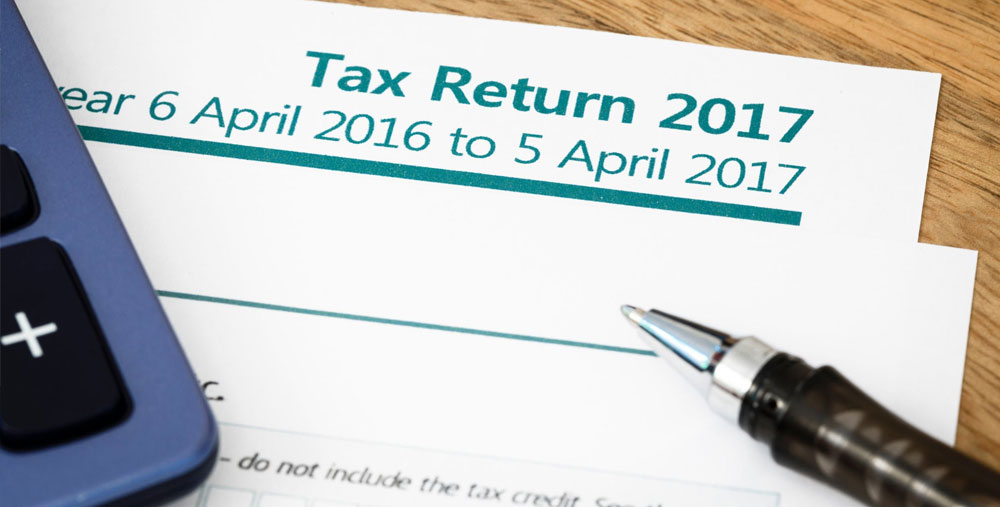We are now in the final stages of the 2016-2017 Self-Assessment Tax filing period. The deadline being 31st January 2018.
The filing of the Self-Assessment allows for HMRC to collect taxes from individuals who run their own businesses or if they receive income that is not taxed through the PAYE.
There are a few circumstances where an individual will need to submit a self-assessment tax return:
- Being self-employed
- Have savings or investment income above £10,000 before tax
- Receiving £2,500 or more in untaxed income (e.g. Renting out a property)
- Being liable for Capital Gains Tax
- Being a company director (unless if for a not for profit-organisation or charity)
Keeping Records
If you fall into any of the above mentioned categories, keeping accurate and up to date records is very important.
If your Tax return is picked up by HMRC, they may ask to see all relevant documents. Inaccurate or incomplete records can be subject to a penalty. Therefore keeping all clear and detailed trail of your details will make this process more straightforward.
If your financial records are lost or destroyed then make sure to obtain duplicate copies from the relevant parties. If unable to obtain duplicates for some, then when filing out your tax return use the ‘any other information’ box on the tax return to indicate that you have provided estimated figures.
Any self-employed individual must keep their records for 5 years after the 31st January deadline of each tax year. If not self-employed records should be kept for 22 months after the deadline.
What financial records should you keep?
If registered as self-employed then records of all business expenses, Sales/Income, PAYE records, VAT records if registered and records of personal income should be kept.
If employed or a limited company director then you should keep your:
- P45
- P60
- P11D
- Certificated from a Taxed Award Scheme
- Information about any redundancy payments
Records of tips, additional benefits (meal vouchers), income from employee share schemes and any lump sum or incentive payments not included within the P60 or P45.
Investments, savings and pension records
You should also retain the below:
- Bank Statements
- Statements of interest
- Bank tax deduction statements
- Dividend vouchers
- Unit trust tax vouchers
- Information on income from a trust
- Any other information on any other income
If you have a Pension, you should keep:
- Form P160 (Part 1A)
- P60 – your pension provided will send this to you annually
- Any other Pension details (including state pension)
- Tax Deducted
Allowable expenses
These are payments you have made which can be deducted against tax. When completing
the self-assessment return some of the items you may claim against include:
- Vehicle running cost
- Mileage
- Business premises running costs including utilities, phone and internet
- Salaries and wages
- Capital assets purchased solely for the use of the business (Tools, IT Equipment and Software)
- Training courses for the benefit of your business
If you are unsure as to what allowable expenses you can claim then please contact us for more guidance.
How to pay
- Over the phone
- Online
- Cheque by post
Payments on account – advanced payments towards your tax bill. Each payment will be half your tax bill from the previous year. Payments are due by midnight on both 31st January and 31st July.
Penalties
Submitting a tax return late will result in a penalty charge. A penalty of £100 if a return is up to 3 months late and the penalties will increase if the return is late or the payment is late.
May appeal against a penalty levied by HMRC if:
You have a reasonable excuse for late filings/payments
Keeping inaccurate records
Not paying enough tax
Reasonable excuses include:
Death of a partner or close relative prior to deadline
Serious illness
An emergency hospital stay
IT Failure (hardware / software) when you were preparing or just before you were preparing your return
Unexpected delays in the post
Fire, floor or theft which prevented you from completing a return
Problems with HMRC’s online service
For more information check out https://vamoola.co.uk


